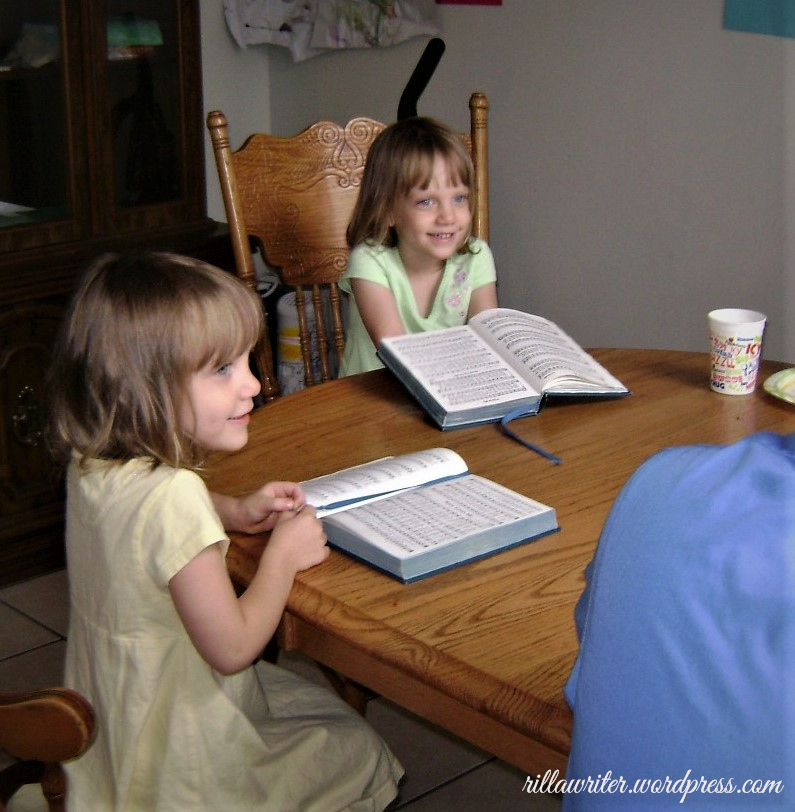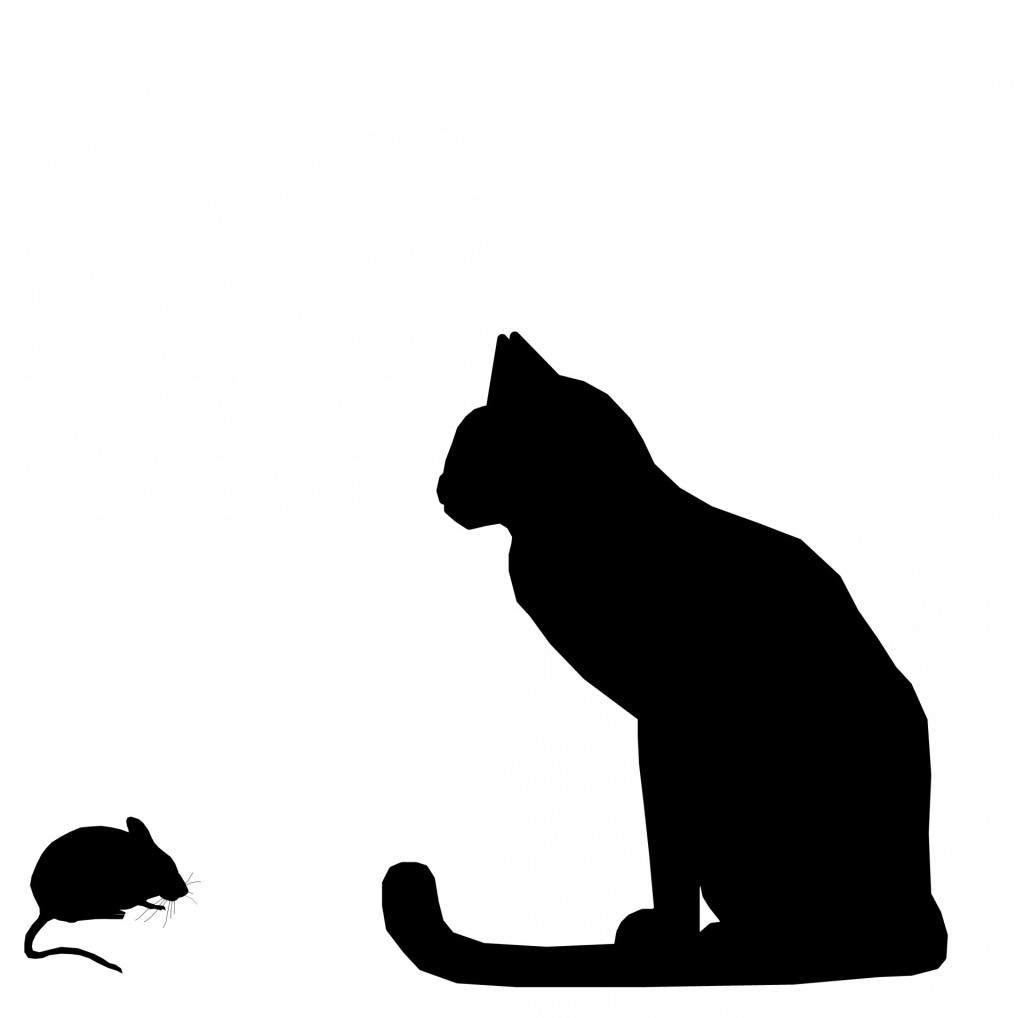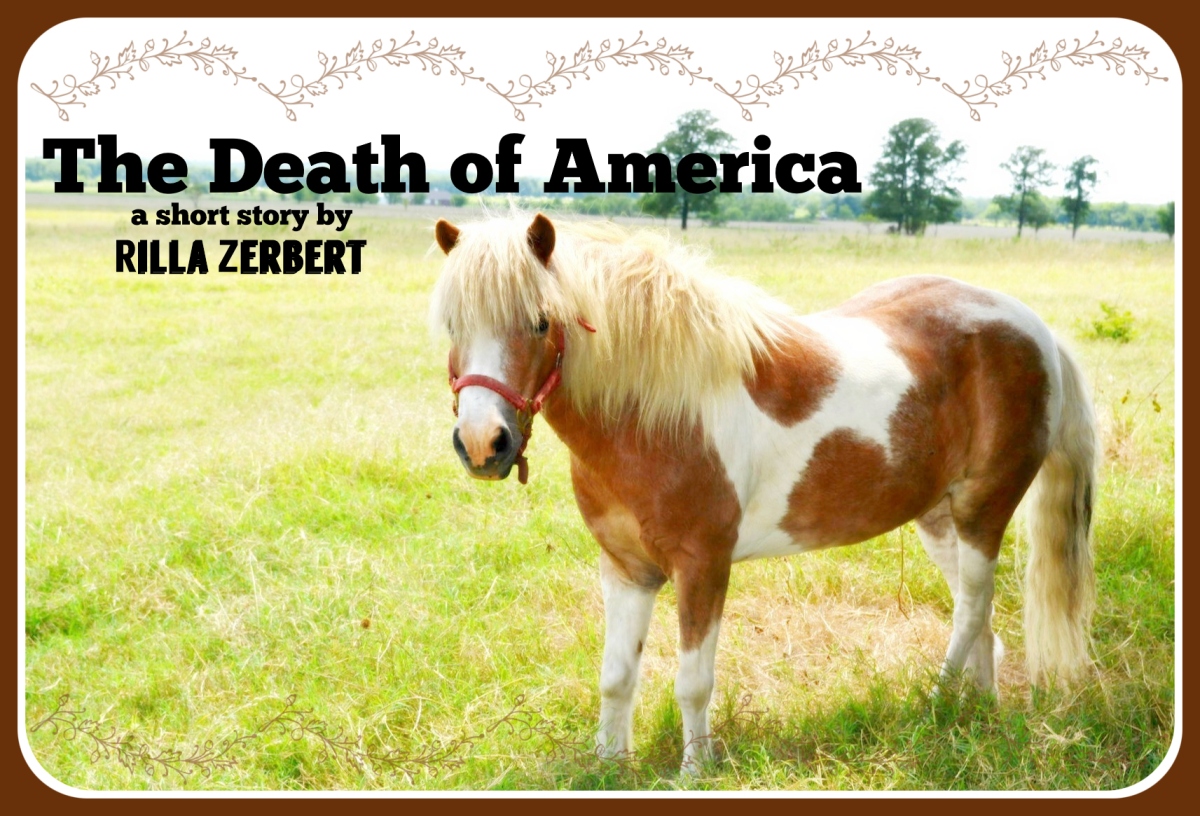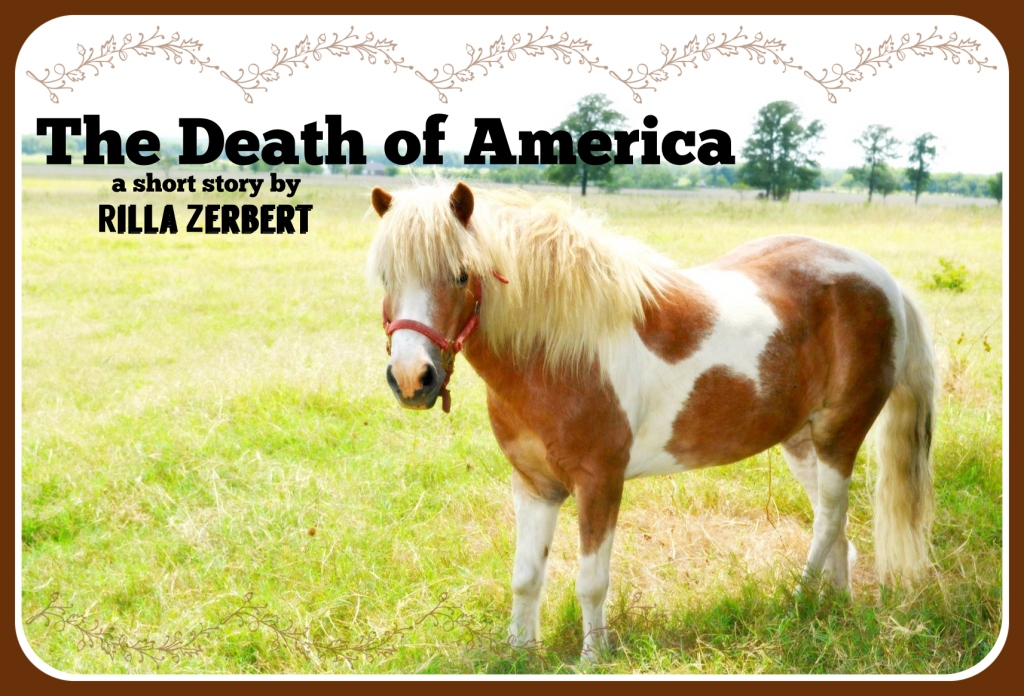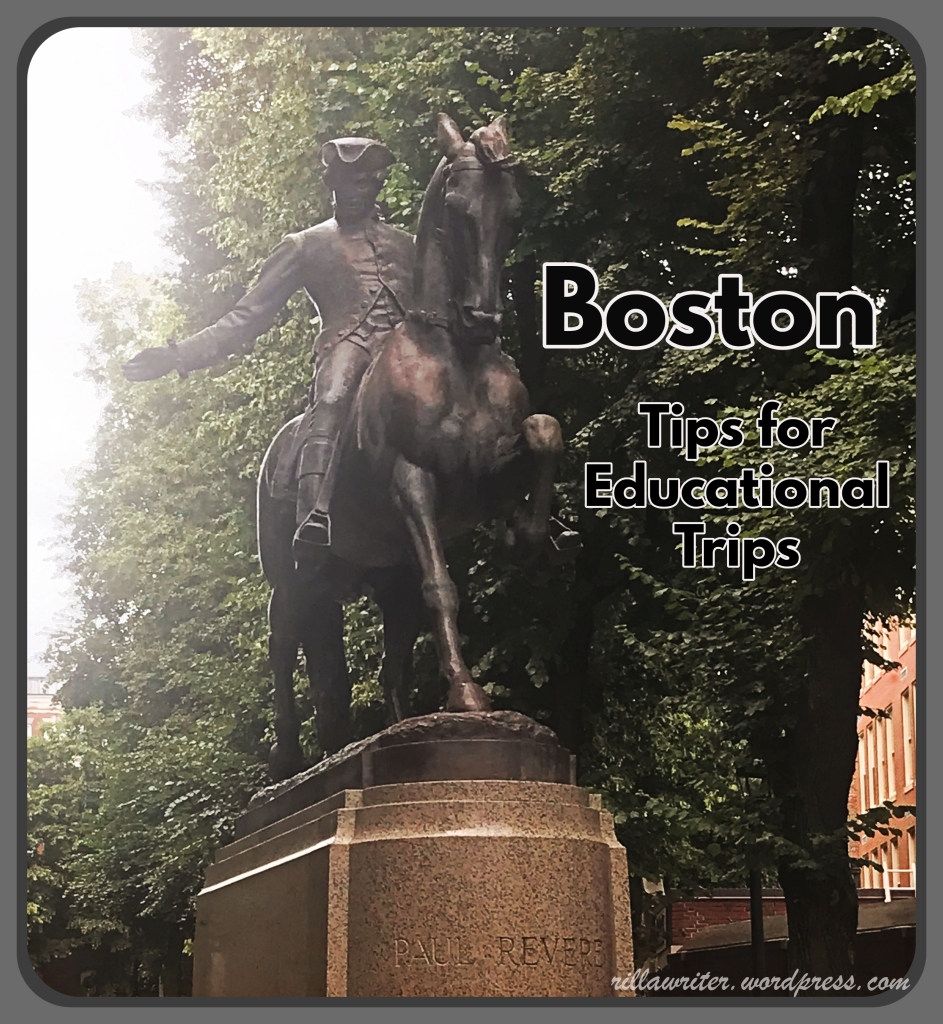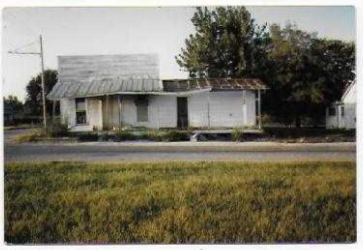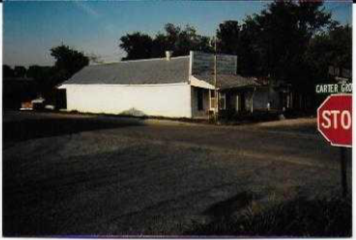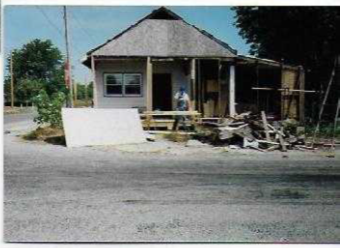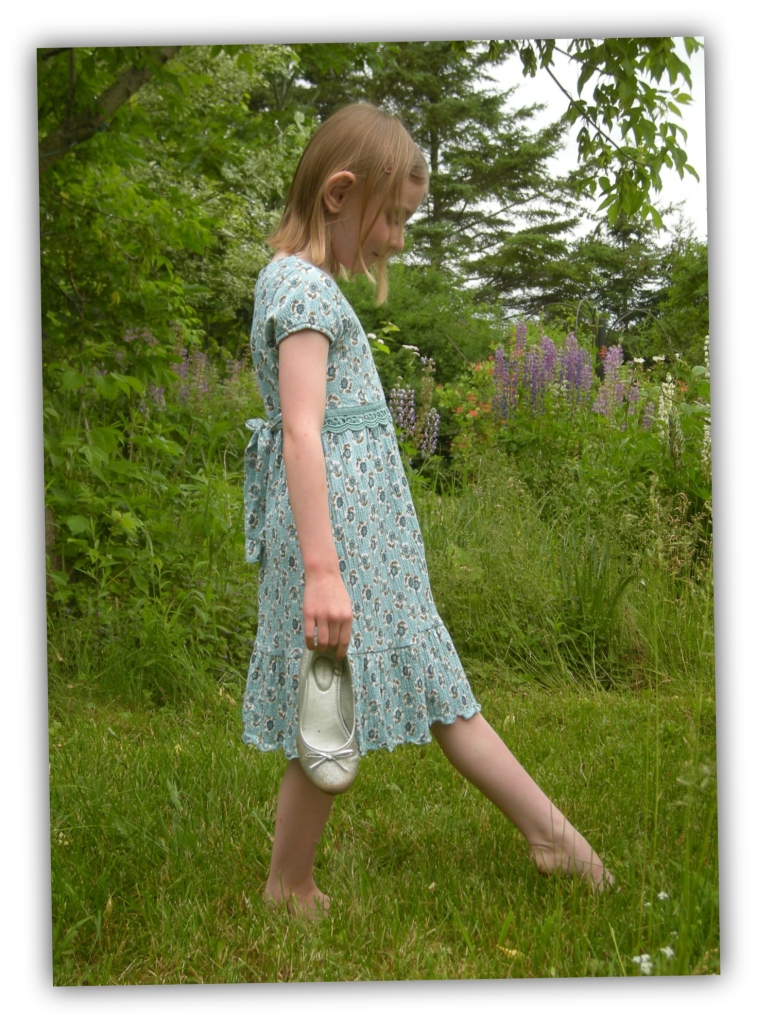As I sit here and sip my Rooibus Chai tea, I’m reminded of how our kitchen table has been the family table for all of my children’s lives. It has been the hub of our activities—so many hours of the day spent cooking and talking in the kitchen. Many of the principles I’ve learned began at this kitchen table. Here are five of them:
1. Start the day with the Word of God
Every morning, the kids and I would eat breakfast at the table in the kitchen. I would bring the Bible, a book we were reading aloud, and my school planner to the table. While they ate, I would go over the day’s schedule. And then we would read. Honestly, reading together was as delicious as breakfast. I looked forward to this routine, and this was when the kids learned the most. They learned about moral living and character, the principles of loving and interacting honorably with others, and how one person’s good decisions work to build a good society.
2. You can’t teach a kid to listen when you don’t listen to them.
When we first started reading at the table, I began with the Bible while they were still eating. This was a mistake. I learned that my children were much more likely to share their thoughts when their mouths weren’t full. We usually sat at the table for about an hour. Sometimes, we’d move to the living room to finish reading. So, there was time to talk about God and time to talk about life lessons—both in the Bible and in the books we read. Our morning conversations together at the table taught them that their thoughts and opinions were valued. It set the framework for our private conversations to come, when they needed their dad and they needed me to listen to the difficult issues they were going through.
3. The mess can wait.
On the days we moved to the living room, I didn’t stop to clean the table. So many good conversations die by stopping the discussion to clean up. I hate seeing a messy kitchen table, but I would have regretted, far worse, the talks that were derailed. I had to learn to let the kitchen table go.
4. Things are replaceable; a child’s curiosity is not.
And I let the kitchen table go a lot! With the crafts and the baking and the science experiments, it’s a wonder we still have the table. My children’s frequent antics, their near-spills and absolute spills, sometimes left me in tears of frustration as I scrubbed stains and mopped up liquids. But I made the decision to let my kids have free rein. I covered the kitchen table and let it be a place of unencumbered creations. Allowing my children to make a mess and explore what they liked meant they got to learn from their mistakes. This decision paved the way for me to let go in other aspects of their lives because they needed to make mistakes.
5. Change is good.
A couple of years ago, I finally refinished our kitchen table. The surface was marred by scratches and scars. I wanted to stain it a slightly different color, but I’m not going to pretend and tell you I’m one of those crafty moms. I had no clue how to refinish a table. I did not want to mess up my table to the point that it wasn’t usable anymore. My father-in-law assured me I could do it, but I wasn’t as confident as he was. As per his instructions, I sanded it down until the wood was flat and smooth again. I applied the new stain, then I varnished it and gently sanded it smooth again. It wasn’t the best refinishing job, but the table looked better than it had. When my family sat down to eat, they remarked on the table’s new look. There was unanimous approval. And I’m reminded that we need change. Old, scratched up tables need change and people need change, too. My kids won’t be around this table forever. They will have to move on and make their own ways.
It helps me to know that the scratches and scars that each of my children will receive in the course of his/her life aren’t going to last. Unlike the kitchen table, their souls are eternal, and God is their master craftsman. Our Heavenly Father can smooth out all the scars and dents, and He can stain them afresh with His Son’s blood. He seals them with His pure and holy Spirit, so that they will live eternally in His light and in His love.
I guess I’m not really owing my kitchen table any gratitude here. My gratitude is owing to my God for the table and the family sitting around that table. Will we sit around a table when we talk together in Heaven? I don’t know, but I know the conversation will be incredible.

